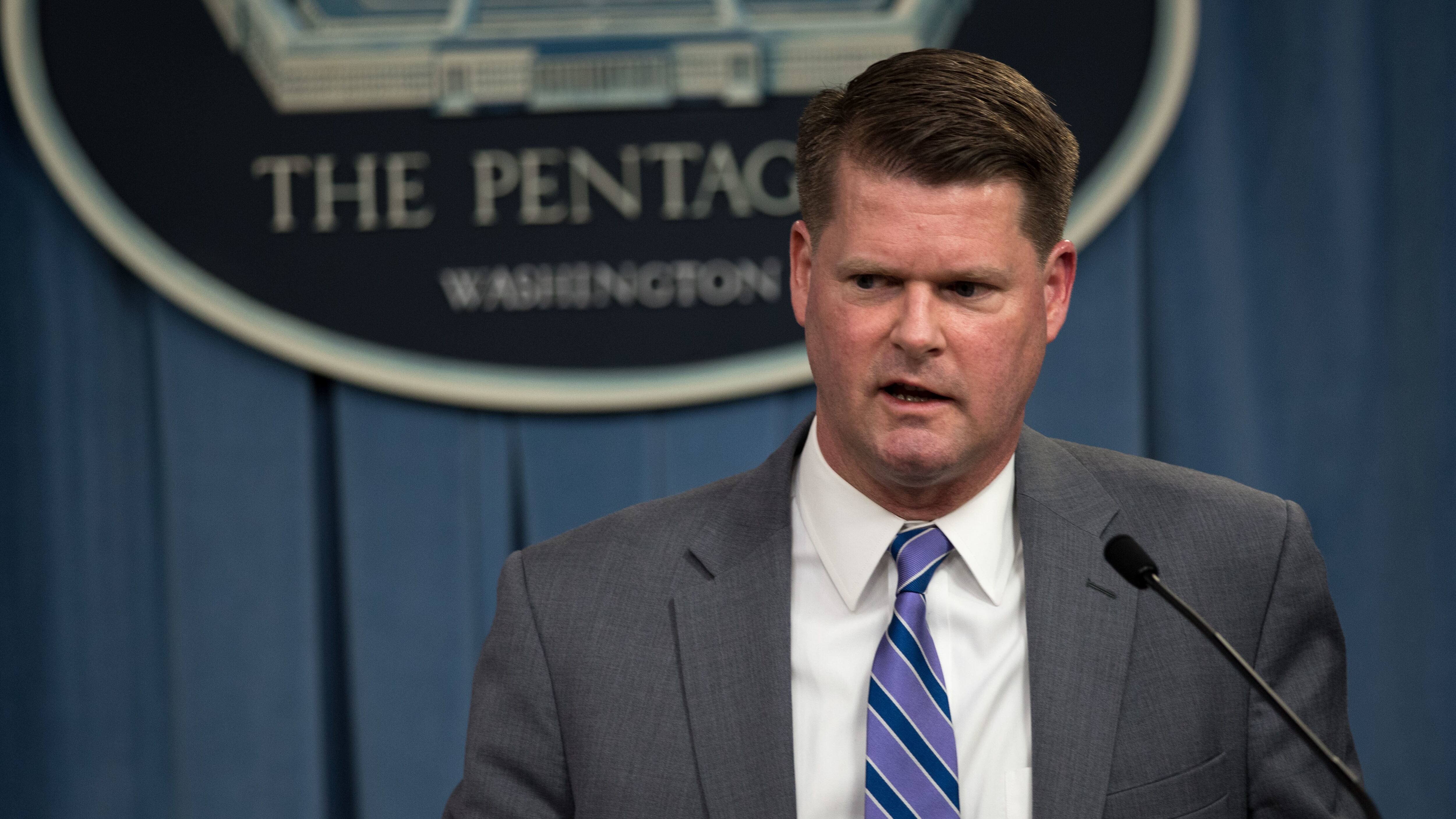WASHINGTON — The U.S. Air Force’s top general in the Asia-Pacific region believes North Korea’s “Christmas gift” to the United States could be the test of a long-range ballistic missile.
Although North Korea has continued tests of short-range ballistic missiles, the country halted nuclear and long-range missiles tests in 2017 in the wake of diplomatic talks with the United States. But unless those discussions bear fruit before the end of the year, North Korea will send a cryptic “Christmas gift” to the United States, the country has warned.
“What I would expect is some kind of long-range ballistic missile would be the ‘gift,’ ” Gen. Charles Brown, head of Pacific Air Forces, told reporters Dec. 17. “Does it come on Christmas Eve? Does it come on Christmas Day? Does it come after the new year? One of my responsibilities is to pay attention to that.”
When pressed on what form a long-range missile test could take, Brown acknowledged that it was also possible that the end of 2019 could pass without a major launch by North Korea — even if the Asian country quietly decides to end its self-imposed moratorium on long-range missile tests.
Brown declined to say whether the U.S. military has noticed an uptick of movement around North Korean launch sites or if it had indications of what kind of missile could be used. However, he noted that North Korea has already publicly acknowledged test activity at launch sites in recent days.
RELATED

“There’s a pattern that you see with the North Koreans,” he said. “Their rhetoric precedes activity, which precedes a launch.”
If diplomatic efforts fall apart, the Air Force will be ready with military options to deter North Korean activities, Brown said, although he did not provide specifics. “There’s a lot of stuff we did in 2017 that we can dust off fairly quickly and be ready to use," he said.
During 2017, the United States beefed up its presence of “strategic assets” near the Korean Peninsula with bombers, stealth aircraft, submarines and aircraft carriers.
Brown was also asked about the future of exercises with South Korea, which have been intermittent since talks with North Korea began. In November, Defense Secretary Mark Esper announced that the military air exercise Vigilant Ace with South Korea had been indefinitely postponed in the hopes of bringing North Korea to the table to negotiate denuclearization.
While Brown said that the decision to resume exercises with South Korea rests with leaders above him, he noted that he is not worried about readiness at the tactical level.
“We’re still able to fly and operate,” he said. “It’s the decision-making process at the operational level that we sometimes don’t get a chance to do. There are still ways to exercise aspects of that, but maybe not to the full extent.”
Valerie Insinna is Defense News' air warfare reporter. She previously worked the Navy/congressional beats for Defense Daily, which followed almost three years as a staff writer for National Defense Magazine. Prior to that, she worked as an editorial assistant for the Tokyo Shimbun’s Washington bureau.








